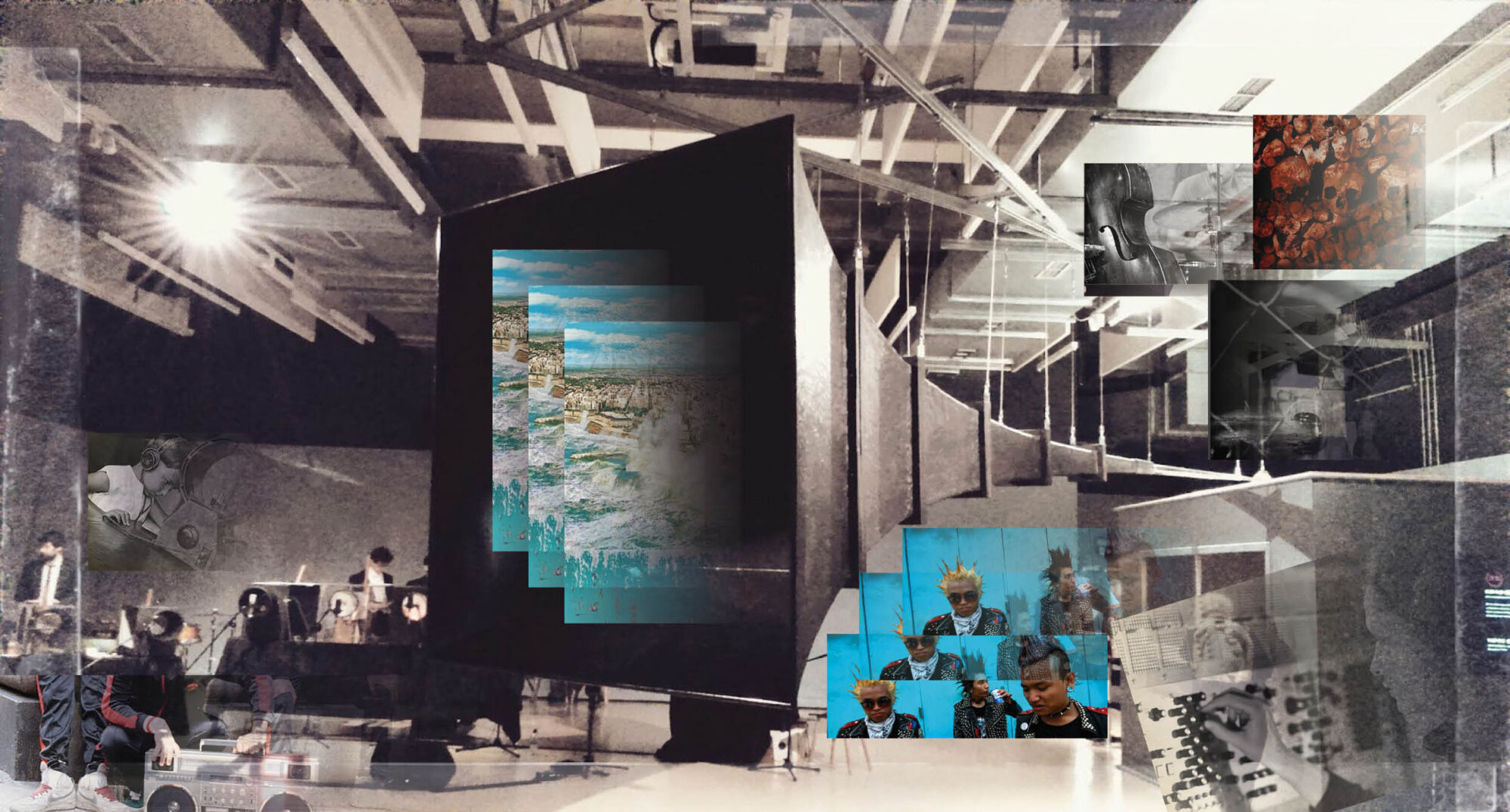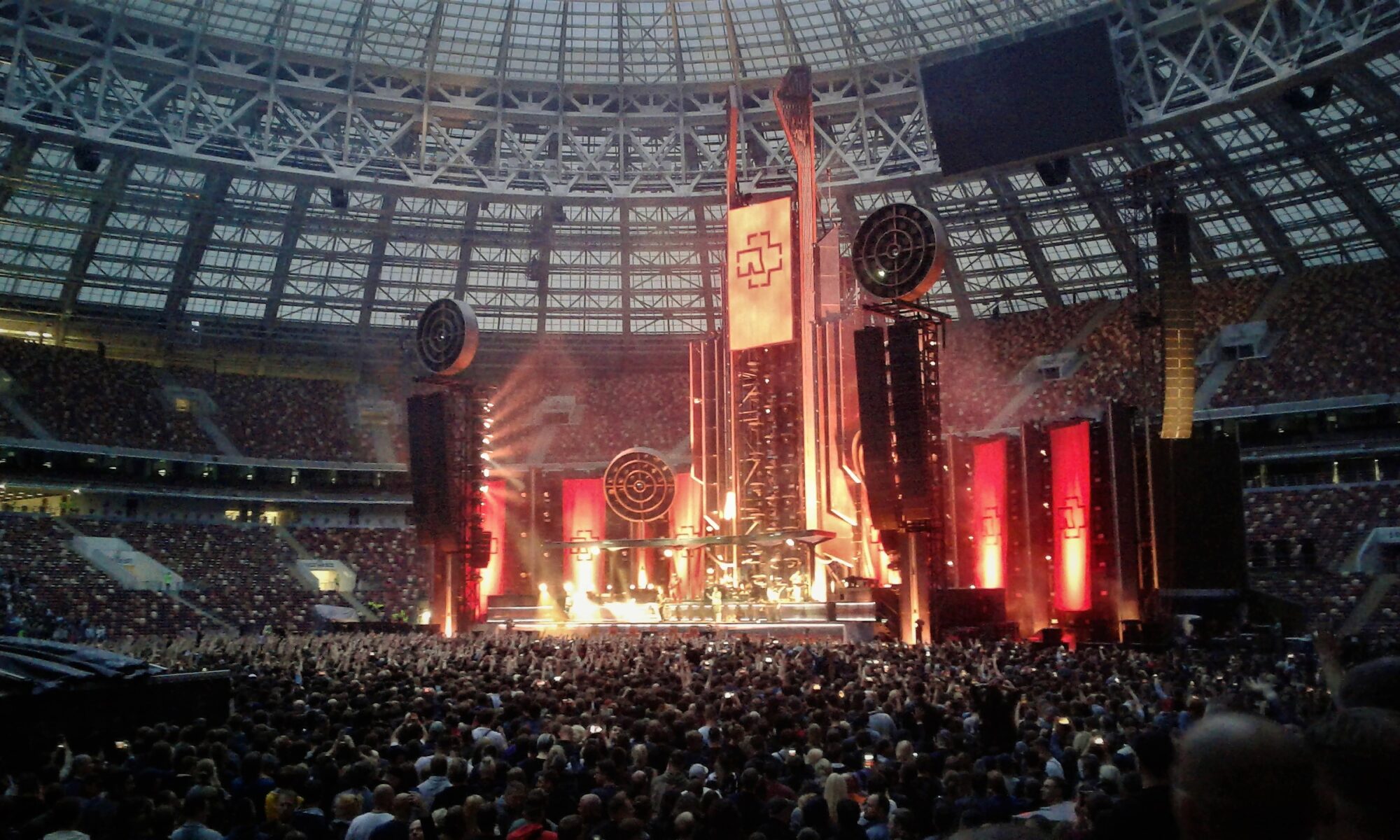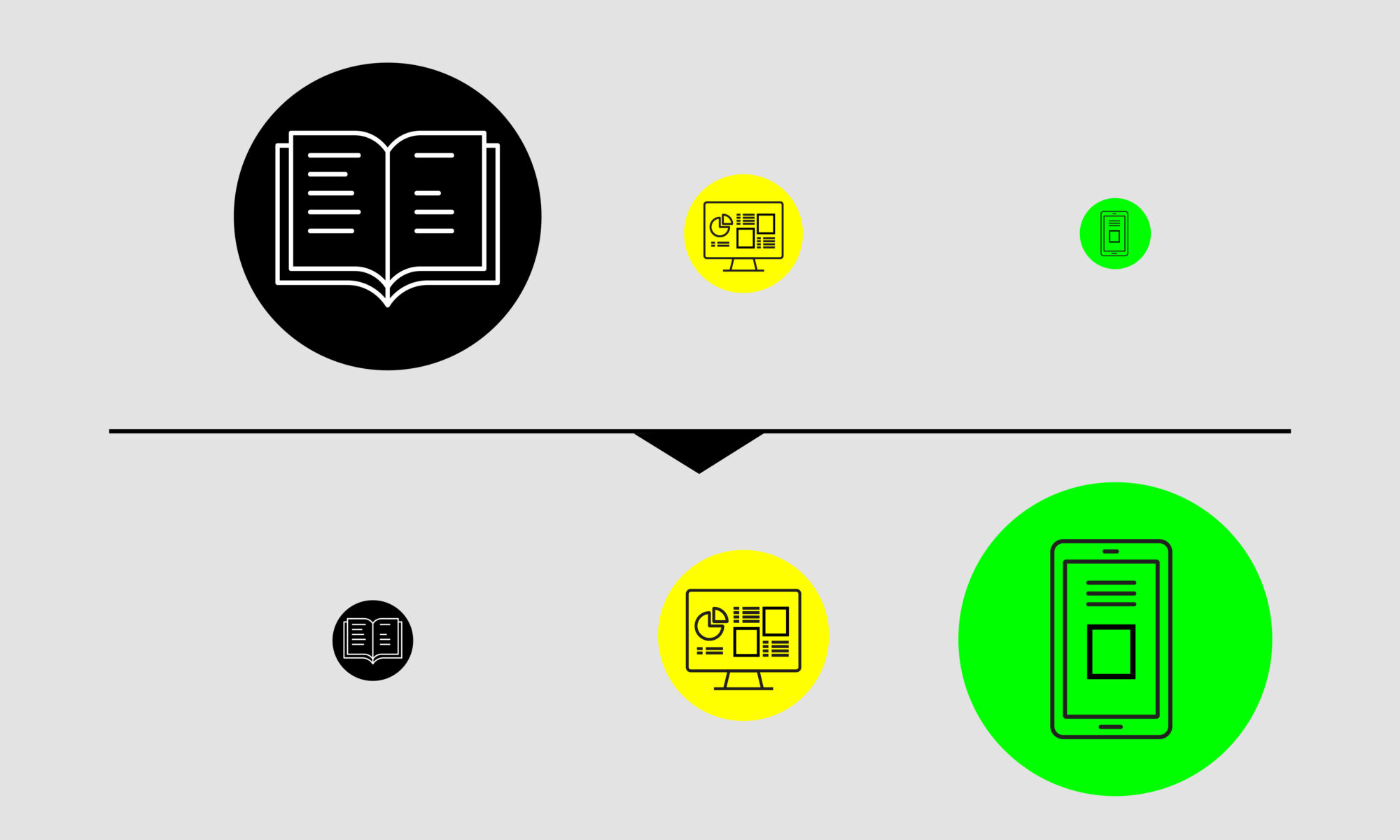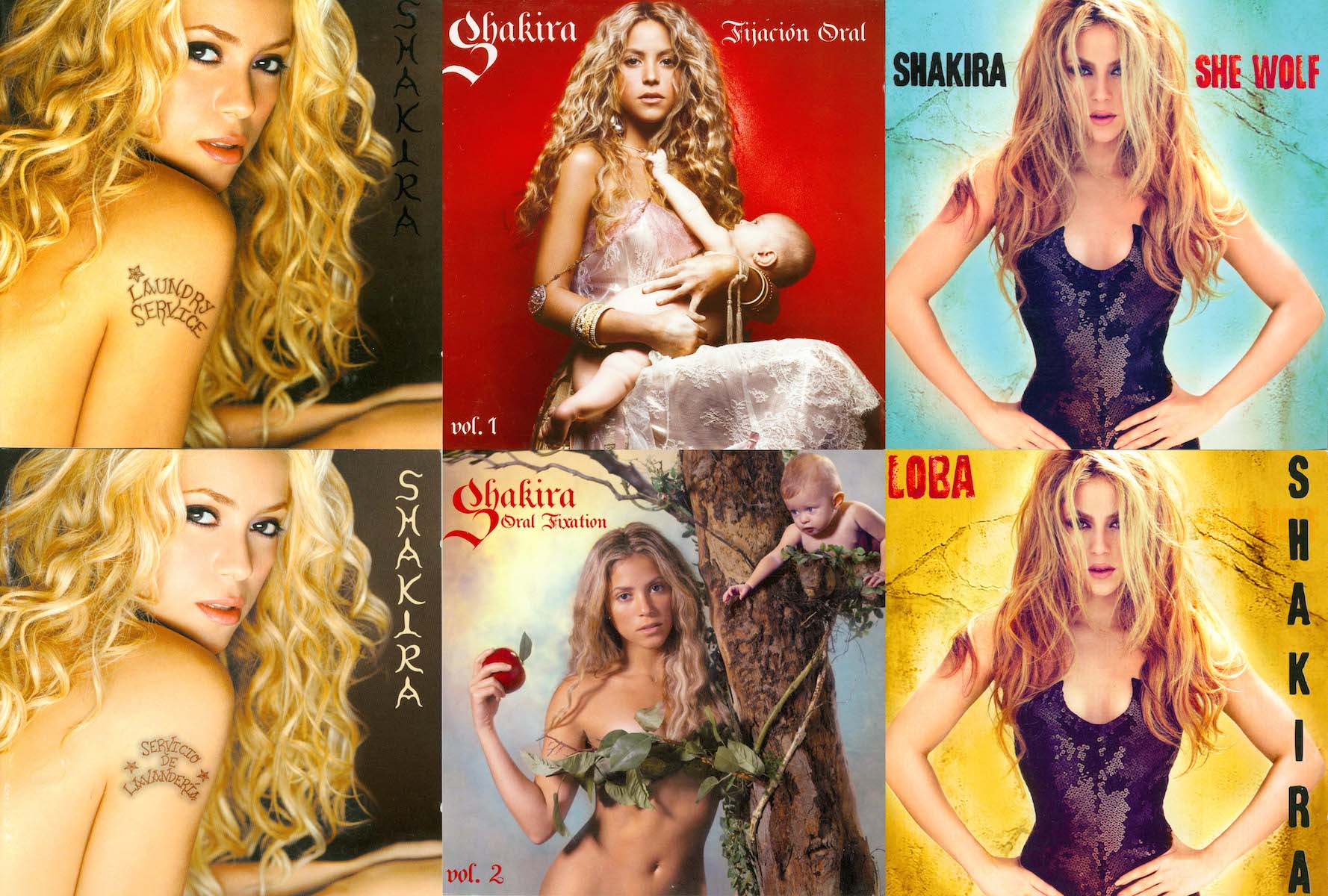This contribution examines the nexus between ‘the political’ and popular music from an interdisciplinary perspective. Using Rammstein’s highly provocative single “Deutschland” (2019) as an example, this case study showcases multiple different and often contradictory readings of the band’s work with a view to its textual, visual, sonic and performative dimensions. Overall, this contribution suggests that the political in Rammstein oscillates between self-reference and historical reference, between deconstruction and marketability, and between scandalous irony and ambiguous sincerity.
[Download PDF-Version] | [Abstract auf Deutsch]
„Transformations of the National —Rammstein’s “Deutschland” as a Provocation of German History“ weiterlesen









